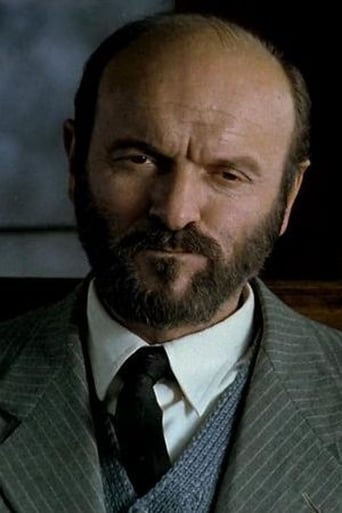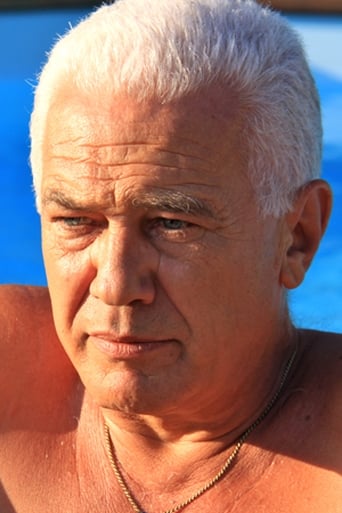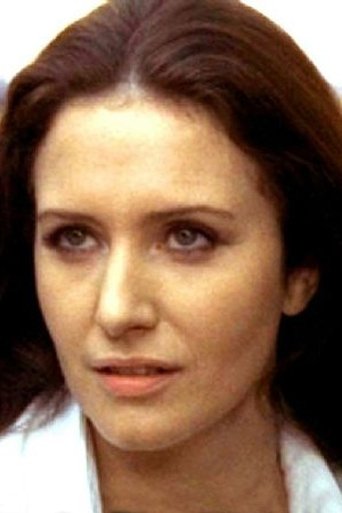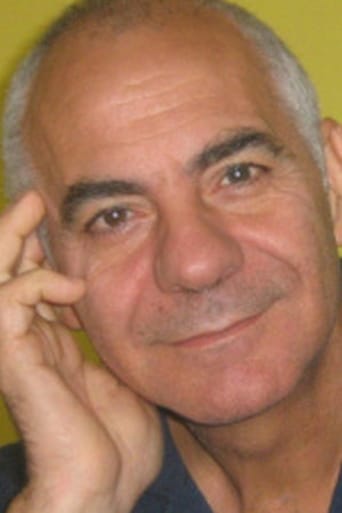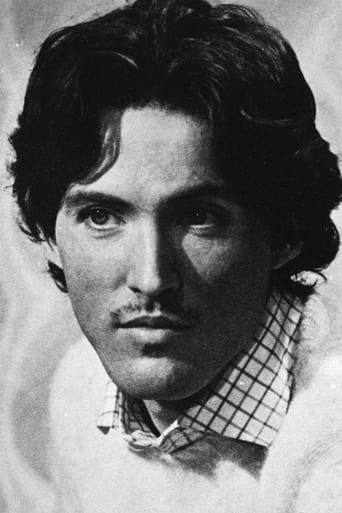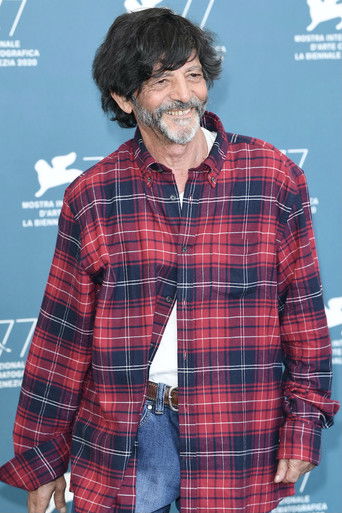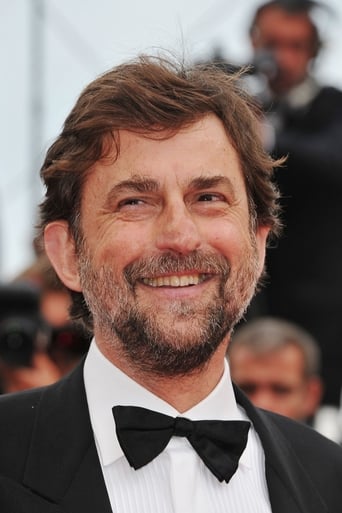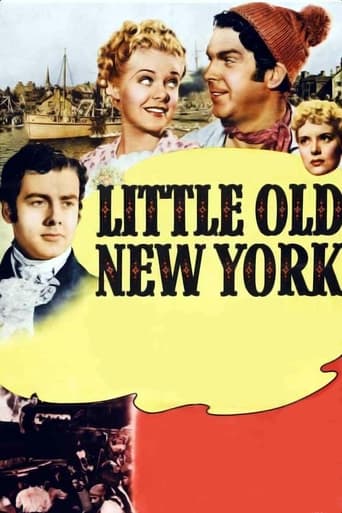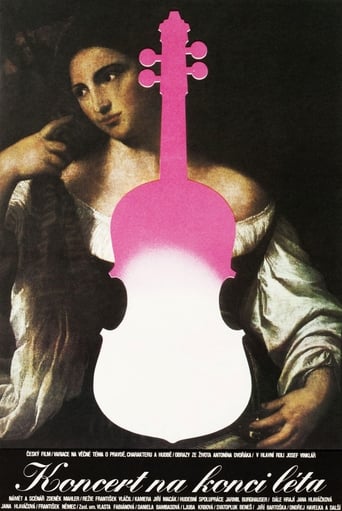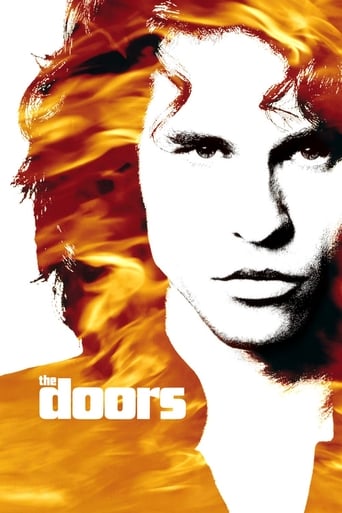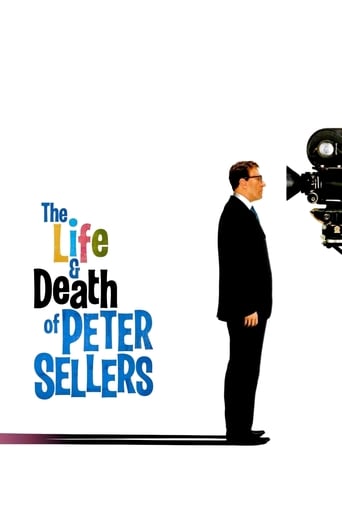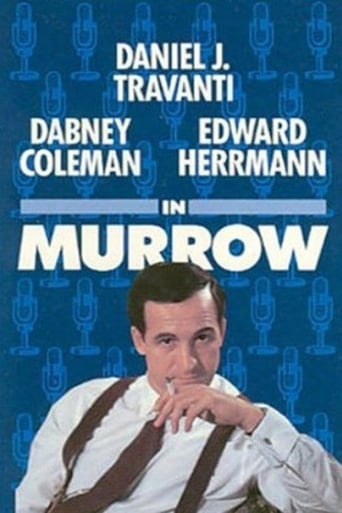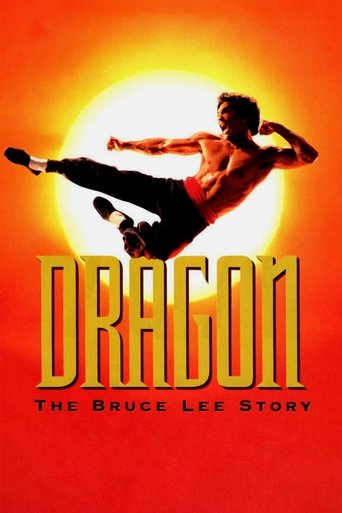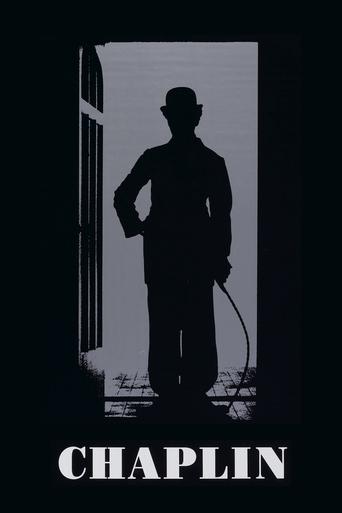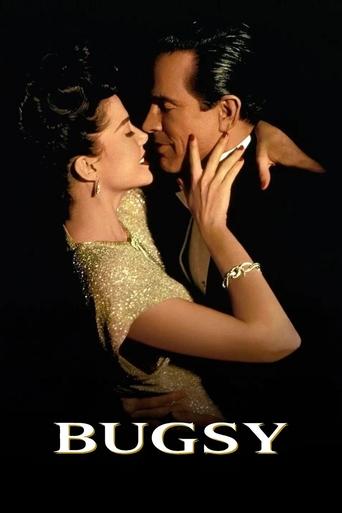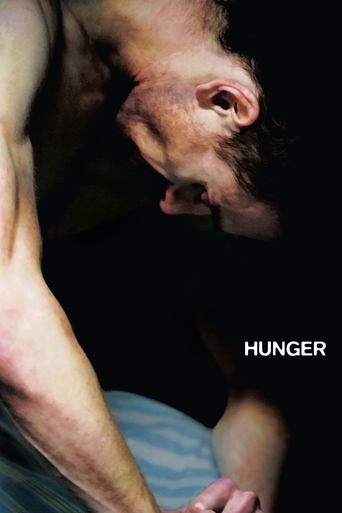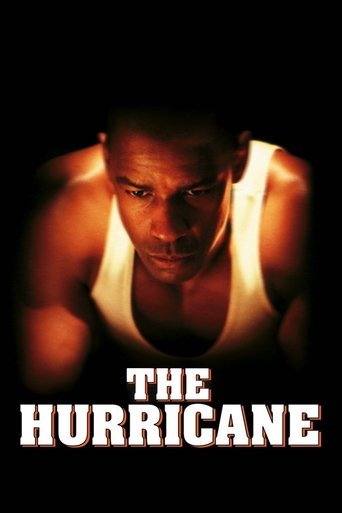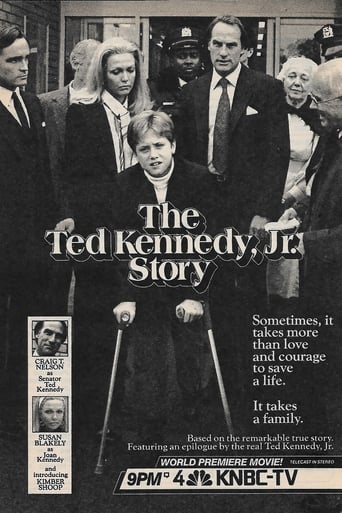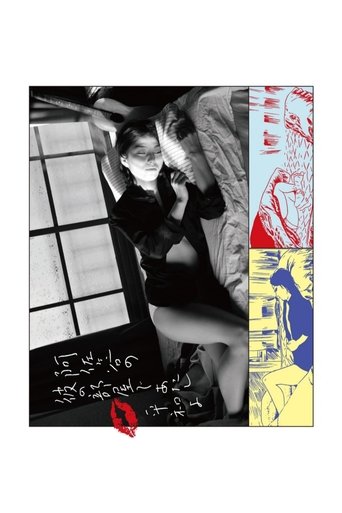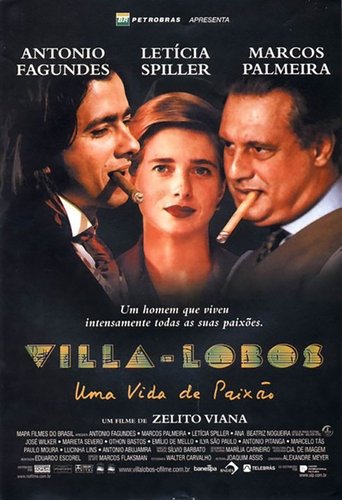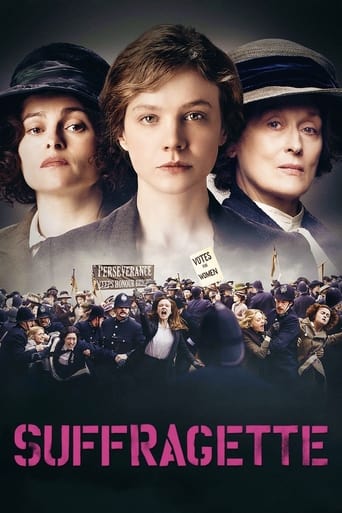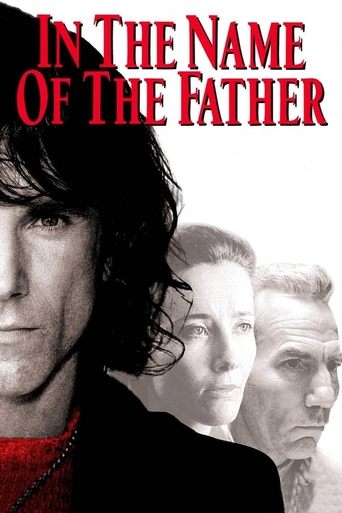
Padre Padrone (1977)
The true story of the life of Gavino Ledda, the son of a Sardinian shepherd, and how he managed to escape his harsh, almost barbaric existence by slowly educating himself, despite violent opposition from his brutal father.
- Paolo Taviani
- Vittorio Taviani
- Giampiero Cubeddu
- Marco De Poli
- Francesco Lizzani
- Paolo Taviani
- Vittorio Taviani
- Gavino Ledda
Rating: 6.8/10 by 112 users
Alternative Title:
Father and Master - US
My Father My Master - US
빠드레 빠드로네 - KR
파드레 파드로네 - KR
Country:
Italy
Language:
Italiano
Latin
Deutsch
Runtime: 01 hour 54 minutes
Budget: $0
Revenue: $0
Plot Keyword: shepherd, sheep, illiteracy, abusive father, accordion, sardinia, italy, biography, bestiality
Based on the true story of author Gavino Ledda, we follow his life growing up on a Sicilian farm where he is subjected to the brutal realism of his father. It all begins when he is taken out of school at a very young age because dad (Omero Antonutti) needs him to tend the sheep and keep them safe from snakes, wolves and bandits! He's barely two foot tall at this stage. This is the template for much of the rest of his childhood as his education is sacrificed to keep them fed and housed. Reaching his adulthood he finds himself manoeuvred into joining the military by his father - a responsibility that rather backfires on the older man as Gavino (now Saverio Marconi) proves not only that he is quite capable of learning - not just the basics of reading and arithmetic, but of understanding the complexities of electrical engineering and radio operation. He decides to return to Sicily after his time in the army, but much more on his own terms and to study at university. Naturally, his disappointed father has other ideas - but can these two men reconcile and Gavino learn to (or want to) forgive his father? Initially, it's really quite easy to loathe the paternal character. Save for one tiny semblance of affection (after a beating) he shows no emotional connection to his son at all. As the film progresses though, it becomes slightly easier to understand that this man comes from a long line of people with little hope, living an hand-to-mouth existence with no education and little belief in opportunity. Is it despite him or partly because of him that Gavino has such an independent spirit? Marconi delivers strongly here and both he and Antonutti sustain the degree of familial tension as both realise that change is inevitable. Change and ageing. I like the indefinite nature of the conclusion - it's all a work in process and one I found quite compelling to watch.

